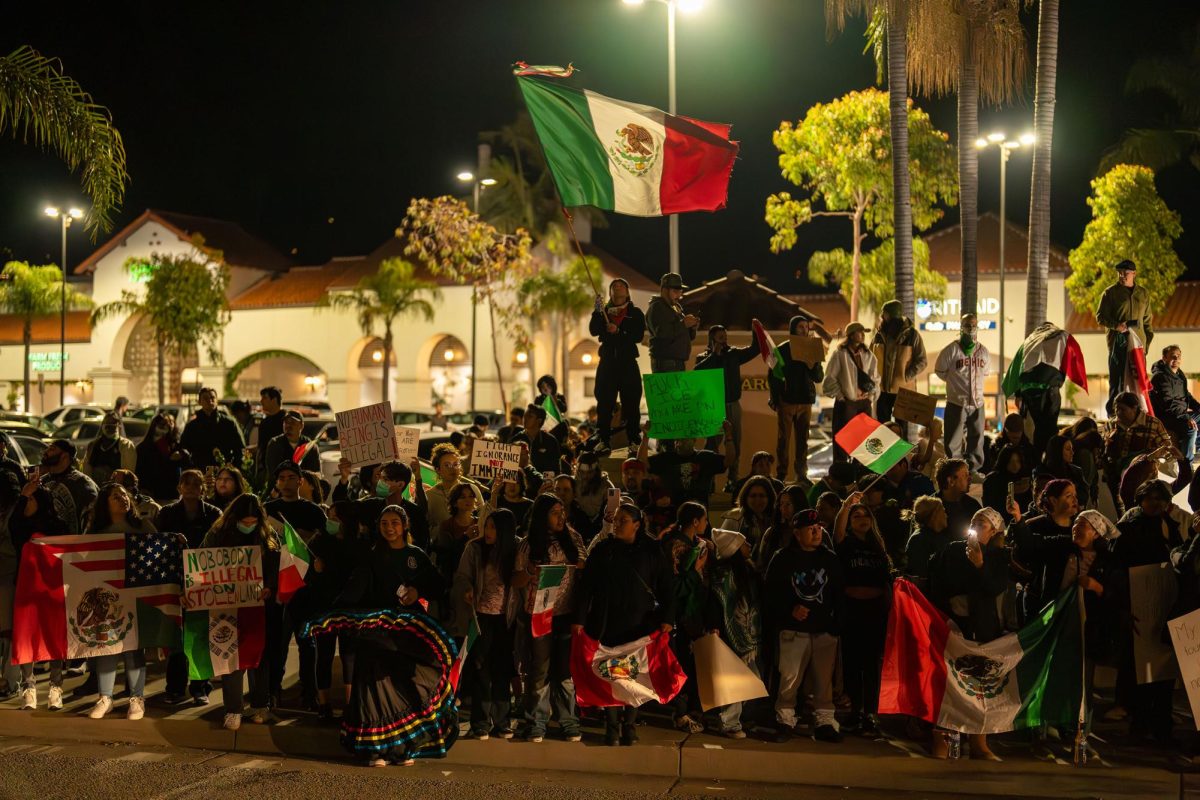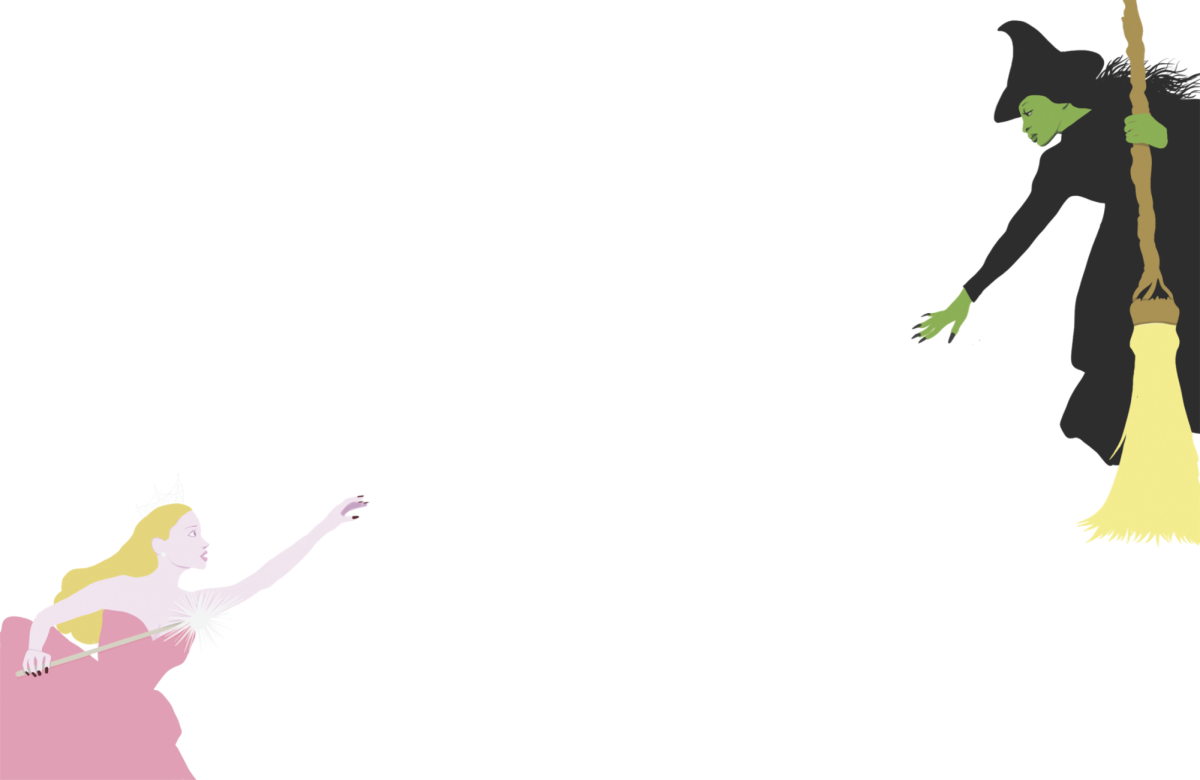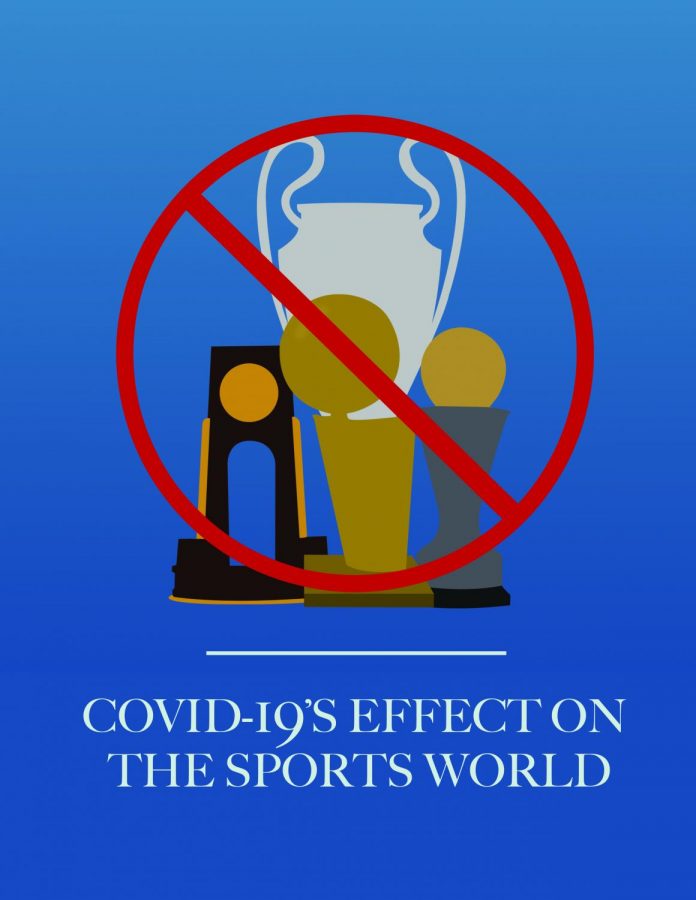Covid-19’s Effect on the Sports World
June 10, 2020
The sports world held its breath on March 11 as news broke that a regular season NBA game between the Utah Jazz and Oklahoma City Thunder was postponed less than ten minutes before tip-off. No one in the arena knew what was going on, but the reason for this urgent decision became evident when ESPN reported that Rudy Gobert, the starting center for the Jazz, tested positive for COVID-19. Moments later, the league notified fans and media that the rest of the 2020 season was to be postponed indefinitely in light of the pandemic, bringing to reality what many of us feared but did not believe would happen. Various major professional sports leagues and events would follow the NBA’s example, with the MLB, MLS, and Masters all deciding to postpone and March Madness deciding to cancel. This monumental day in sports history forever changed the way professional sports leagues will operate in the future. No one was prepared for an event like this, and as a result, seasons are at risk of being flat out canceled. Dozens of senior student-athletes who participated in winter and spring sports in the Laguna community and beyond were stripped of their last opportunity to represent their respective schools on the court or field. Professional athletes, some of whom still live paycheck to paycheck, have had their busy and active lifestyles put on hold indefinitely, and many are facing doubt about what to do or where to turn. Loyal fans are no longer able to go see games, let alone watch them at home. Because of this, games without fans in attendance might be the new norm for the coming months. The UEFA Champions League held a number of games without fans in attendance, and it was eerie, to say the least. LeBron James voiced his opinion on this issue, stating that he would not enjoy doing that because he “does it for the fans,” but later stated that he will obviously do what is in the best interest of others’ safety.
What this shutdown reveals, though, is just how important sports are to the world. Turning on an NBA game on a Wednesday night or watching your favorite football team play on Sundays is something that sports fans have always taken for granted, and now that it’s not possible, many would do anything to get sports up and running again. Sports mean a great deal not only to the public, but also to the national and global economy. Adam Silver, the commissioner of the NBA and arguably the most widely-respected major league commissioner in the country, is pushing our government to allow sports to lead the way in the recovery of the United States economy. In 2019 alone, the NCAA March Madness tournament raked in $933 million from ad revenue and ticket sales alone. The absence of this source of profit, as well as that of the NBA, MLB, MLS, and more, has had a tremendous economic impact. It’s during events like the Olympics, the World Cup, the Masters, the NBA Finals and the Champions League when stars shine the brightest and when the most incredible moments are created. Take Tiger Woods’ win in the Masters last year, for example. For the duration of the pandemic and the resulting sports cancellations, there will be no epic victories like this.. The world cannot come together to witness the Olympics this summer. What we can look forward to is that when competition makes a return, it will be sweeter than ever.
THE COST OF COVID-19
PRO SPORTS
Estimated Total Losses:
$5.5 billion in total losses (not including the potential cancellation of the NFL season)
Breakdown:
$3.25 billion of fan spent money
$371 million in wages
$2.2 billion in national TV revenue
NBA:
$690 million in ticket sales alone, not including playoffs
NFL:
$6 billion if the season is canceled
COLLEGE SPORTS
Estimated Total Losses:
$3.9 billion in total losses
NCAA:
$827 million in marketing losses due to the cancellation of March Madness
$933 million in ticket sale losses and media rights
Division-1 Universities:
Annual payments of $600 million made by the NCAA to D-I universities will be cut to $225 million as a result of the cancellation of March Madness
YOUTH SPORTS
Estimated Total Losses:
$2.4 billion in total losses
$700 million of organizer money due to
700,000 young athletes unable to compete
Indiana’s economy is losing $20 million per month as a result of the Grand Park Sports Campus in Westfield, Indiana being closed.


































